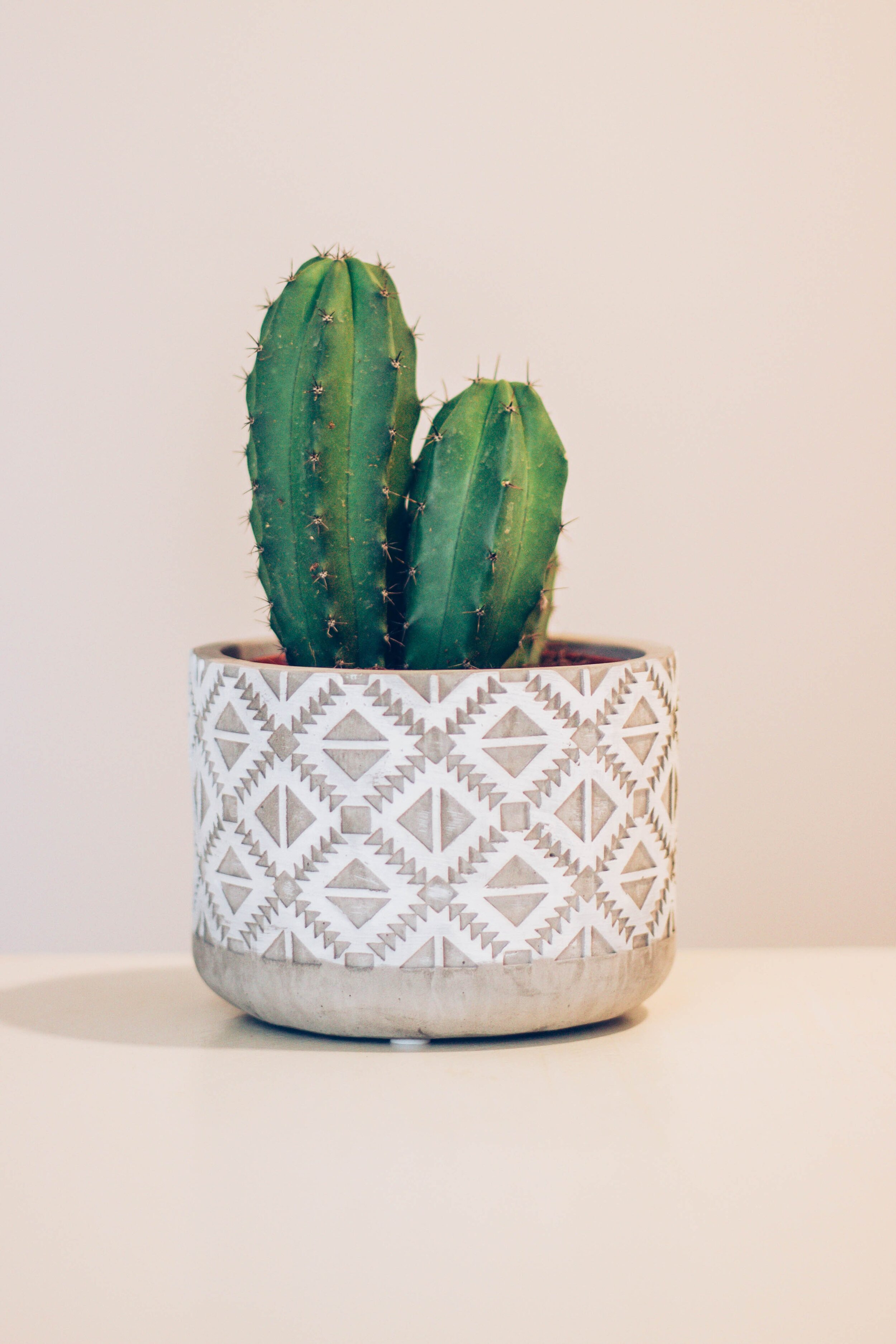Photo by Christian Mackie on Unsplash
In feng shui, black is related to wisdom and knowledge, as well as the water element. It’s also connected to the kan area of the bagua map, which represents your career and path in life. Black is a very yin color. It’s a more passive color, rather than an active one. It can also be contemplative.
Black is also the combination of all colors, so it symbolizes depth as well as the incorporation of all things. I practice Black Sect Tantric Buddhist Feng Shui, also known as BTB Feng Shui. The Professor who brought BTB feng shui to the west said that it is inclusive of all schools of feng shui. We never speak poorly of any other school. Instead, we look at how to work with the best and most applicable aspects of all feng shui knowledge. This is one example of how black can symbolize depth and incorporation of many different things.
Too much black might not be the most appropriate for a home interior because it absorbs light, and can feel too dark and depressing. However, it’s a great choice for dramatic accent pieces. I would say that 95% of the home renovations I’ve done in the past three years include black. It’s quite a dramatic and beautiful color, and it’s really having a moment. I would definitely recommend including black in your home to bring in visual drama. You can also bring in black accents with intention to cultivate wisdom and knowledge. Black chalkboard paint is a fun way to incorporate black into your home decor, and it creates a lot of drama when paired with a contrasting white wall.
Another characteristic of black is that it absorbs energy. If you’ve ever been out on a hot summer day wearing all black, or walked on a black pavement on a sunny day, you know that the color black absorbs heat from the sun. Similarly, black can absorb energy. Black crystals like black tourmaline or obsidian have been known to absorb energies, especially negative energies. You can set up grids of black crystals under your bed or in your home with the intention that they will absorb anything negative and help to protect you.
If you’d like to learn more about feng shui, check out Mindful Design Feng Shui School at: www.mindfuldesignschool.com





